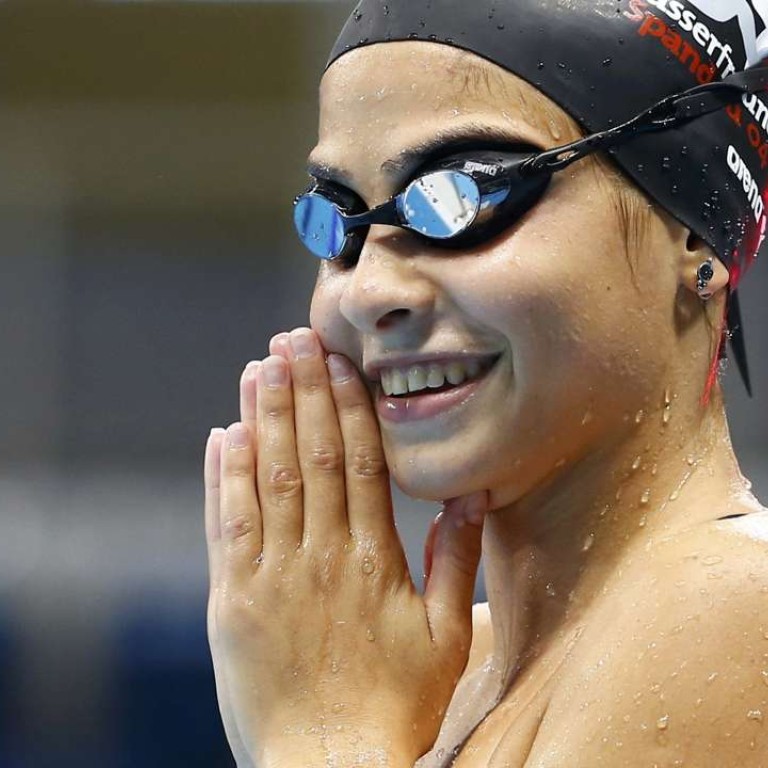
Letters to the Editor, August 17, 2016
Some are just not ready for university
This may stem from the fact that they lack the appropriate levels of grey matter – in this case, there is little that can be done. It could also result from some not being in the right place, emotionally, to take on university studies when they get to be 17 or 18 years old, the age when they are expected to embark on degree studies in Hong Kong institutions.
In reality, they would probably benefit from two or three years away from formal education, travelling around the world, earning some money, or partaking in other things that late teenagers enjoy doing – given the opportunities.
It should be easier for adults of all ages to enrol in a university course. One of the things that many educationalists go on about is lifelong learning. However, it is not obvious what mechanisms are in place for Hong Kong people to do this. Clearly, the city could do better.
I teach in one of the city’s tertiary-level institutes and one of the most depressing experiences is seeing young people fritter away the opportunities that are handed to them. A good degree combined with a well-lived university life really can set you on a path to an intellectually rewarding career and a fair chunk of future happiness. Sadly, not all students “get it”.
Jason Ali, Lantau
Mud-slinging demeans US society
Antagonistic rhetoric by presidential candidates does not convey a good picture of the American electoral system. Focusing on the faults or follies of the opposition and magnifying their errors, with downright derogatory remarks, exhibits a lack of ethical values.
Constantly demeaning others shows that the one doing the criticising has little to offer. Inviting other countries to commit espionage against one’s own country to belittle the opposition could be categorised as seditious and utterly insensitive to the values of the country.
In comparison, leaders in China are the epitome of grace in sobriety.
The mud-slinging, swashbuckling and Wild West expressions do not bode well for the future or America’s aspiring leaders. If politicians are to honour people’s dreams, their talk should be sincere to the core, refined and dignified.
Dayal N. Harjani, Ho Man Tin
Neutrality serves nation’s interest
As an independent but small nation, Singapore is acutely aware that its survival depends on the effective implementation and observation of international laws and agreements by all nations. If the United States were a claimant nation in the South China Sea, and sought to effect its claim without due regard to international laws and order, Singapore’s position would remain unchanged.
To suggest that Singapore should take sides reflects a lack of understanding of Singapore’s strategic interests. It is this neutrality that has allow the country to bridge differences between nations in its short 51-year history, and play a useful role in international diplomacy.
Thomas Cheong, Mid-Levels
Inspired by Olympic refugee team
As the BBC further reported, Mardini used to be a happy, regular teenager who enjoyed going out with friends, but the Syrian civil war destroyed her life and she finally chose to leave her homeland in search of freedom and her dream.
We read about some refugees in Europe committing crimes there, and many of them are victims of discrimination. But despite the hard times, Mardini and her teammates did not become criminals; instead, they took part in the Olympics.
Of course, we cannot really compare these refugee athletes with Hong Kong’s young people. But I think these refugees can be an inspiration for Hongkongers.
Given the problem of student suicides in the city, it may help troubled students to think about the hard life and fortitude of these refugees.
It is common to hear students complain about the difficulties of finding a good job in Hong Kong. They think society is unfair and believe they have little to be thankful for. Yet, refugees who have nothing can still achieve their dreams.
Perhaps their stories can inspire those who meet with failure and who have no confidence in their future.
Joyce Lee, Tseung Kwan O
When man meets Pokemons
Another casualty is a friend who complains that her husband is obsessed with the game, and has been recording many excuses for being absent, such as: busy on the phone, and long walks after dinner.
As his wife describes it, the Pokemon Go player is acting as if he has “dumped his family down the toilet”, and “forgotten his father’s name”. She is issuing a serious warning to him; going by Mark Peaker’s scale for rating players like our typhoons, the husband would be a “P10 requiring verbal interaction”.
Edmond Pang, Fanling
What works better than democracy?
I’m generally a strong believer in the wisdom of students. Their mind is fresh and their brain well educated. Very often, their thinking is ahead of time.
Their repeated call for democracy, however, is not really in line with the above. Isn’t democracy quite an ancient form of governing?
Democracy – as we experience it in many classic democratic countries – seems to be a kind of “old man” who needs a lot of medicine. The medicine comes in the form of cheap and cheaper – almost worthless – money!
And still the patient doesn’t get any better. Will the debts be rolled over – sooner or later – to these very same students?
Hong Kong prides itself on being creative and innovative. My suggestion to the Hong Kong government is not to let these very smart, active and creative students idle around.
What will be the next superior form of governing? Let Hong Kong’s universities start a fierce competition. Involve the departments of history, diplomacy – and even mathematics – to figure out which form of governing might help to move us up one or two levels.
That would be worthy of Hong Kong ingenuity!
Roland Guettler, Lai Chi Kok

